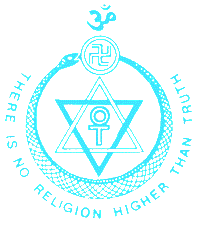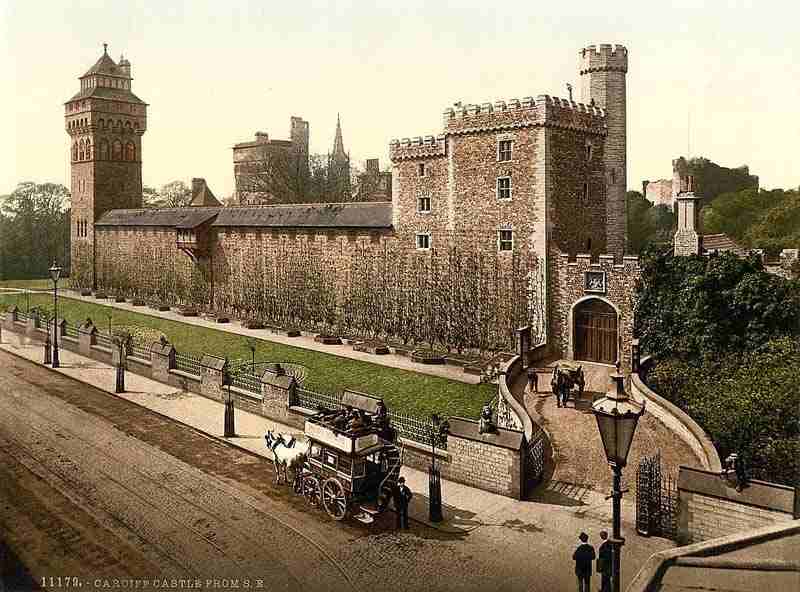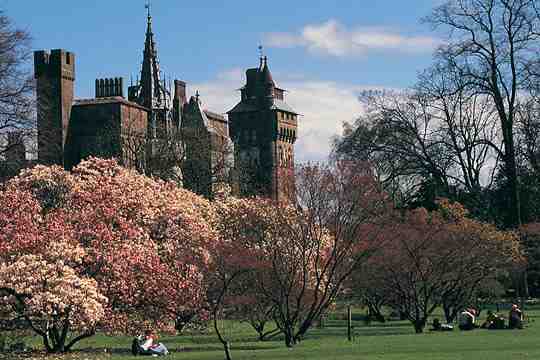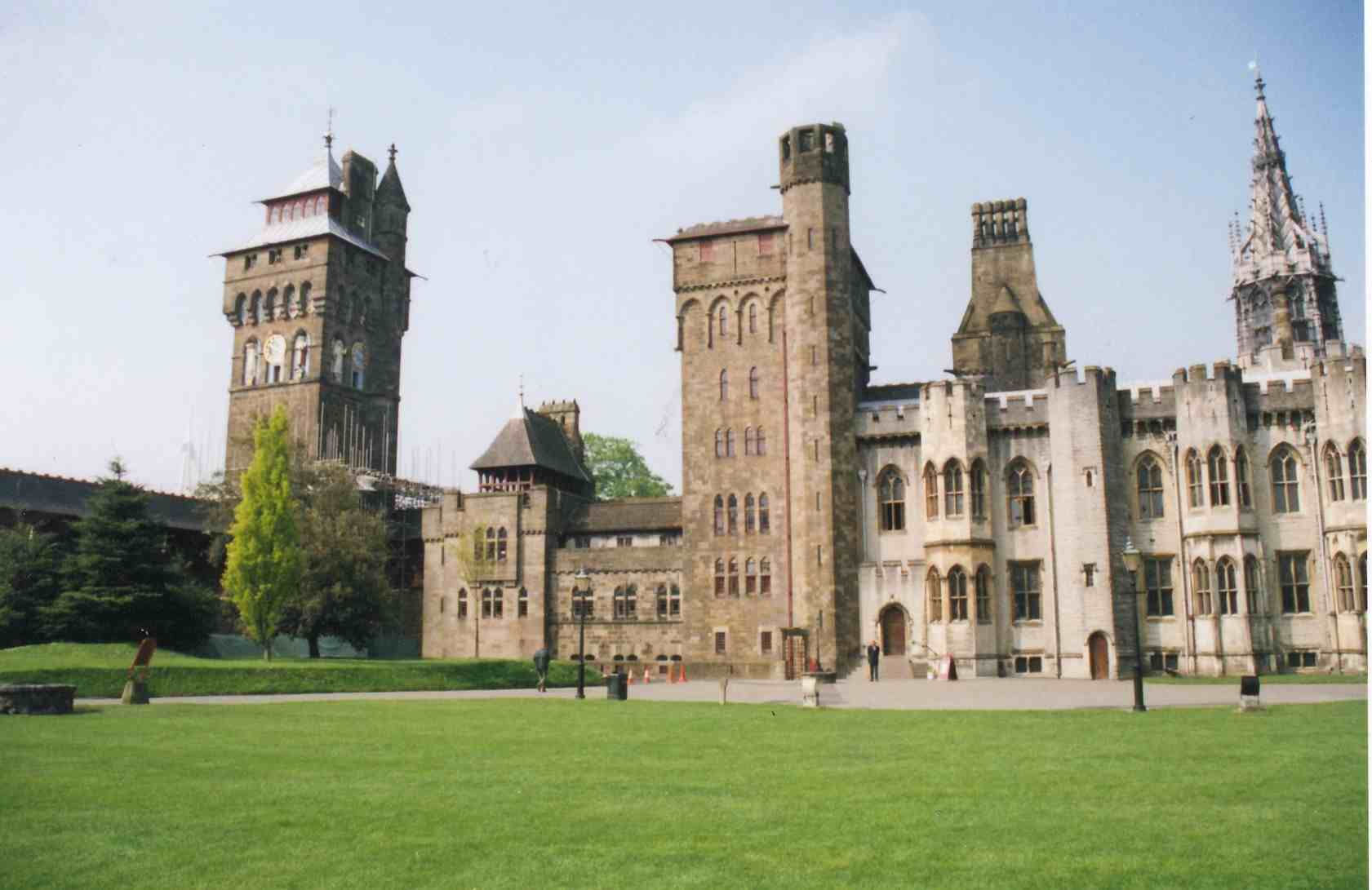KARMA

A Study in Karma
by
Annie Besant
Published in 1917

Man
in The Three Worlds
Man, as we know, is living normally in three worlds,
the physical, emotional and mental, is put into contact with each by a body
formed of its type of matter, and acts in each through the appropriate body. He
therefore creates results in each according to their respective laws and
powers, and all these come within
the all-embracing law of karma. During his daily life
in waking consciousness he is creating "karma," i.e. results, in
these three worlds, by action, desire and thought. While his physical body is
asleep, he is creating karma in two worlds – the emotional and the mental, the
amount of karma then created by him depending
on the stage he has reached in evolution.
We may confine ourselves to these three worlds, for
those above them are not inhabited consciously by the average man; but we
should, none the less, remember that we are like trees, the roots of which are
fixed in the higher worlds, and their branches spread in the three lower worlds
in which dwell our mortal
bodies, and in which our consciousnesses are working.
Laws work within their own worlds, and must be studied
as though their workings were independent; just as every science studies the laws
working within its own department, but does not forget the wider working of
further-reaching conditions, so must man, while working in the three
departments, physical,
emotional and mental, remember the sweep of law which
includes them all within its area of activity. In all departments laws are
inviolable and unchangeable, and each brings about its own full effect,
although the final result of their interaction is the effective force that
remains when all balancing of opposing forces has been made. All that is true
of laws in general is true of karma, the
great law. Causes being present, events must follow.
But by taking away, or adding causes, events must be modified.
A person gets drunk; may he say: "My karma is to
get drunk"? He gets drunk because of certain tendencies existing in
himself, the presence of loose companions, and an environment where drink is
sold. Let us suppose that he wishes to conquer his evil habit; he knows the
three conditions that lead him into drunkenness. He may say: "I am not
strong enough to resist my own tendencies in the presence of drink and the
company of loose-livers. I will not go where there is drink, nor will I
associate with men who tempt me to drink."
He changes the conditions, eliminating two of them,
though unable immediately to change the third, and the new result is that he
does not get drunk. He is not "interfering with karma," but is
relying on it; nor is a friend "interfering with karma," if he
persuades him to keep away from boon companions. There is no karmic command to
a man to get drunk, but only the existence of certain conditions in the midst
of which he certainly will get drunk; there is, it is true, another way of
changing the conditions, the putting forth a strong effort of will; this also
introduces a new condition, which will change the result – by
addition instead of elimination.
In the only sense in which a man can
"interfere" with the laws of nature he is perfectly at liberty to do
so, as much as he likes and can. He can inhibit the acting of one force by
bringing another against it; he can overcome gravitation by muscular effort. In
this sense, he may interfere with karma as much as he likes, and should
interfere with it when the results are objectionable.
But the expression is not a happy one, and it is
liable to be misunderstood.
The law is: such and such causes bring about such and
such results. The law is unchangeable, but the play of phenomena is
ever-changing. The mightiest cause of all causes is human will and human
reason, and yet this is the cause which is, for the most part, omitted when
people talk of karma. We are causes, because we are the divine will, one with
God in our essential being, although hampered by ignorance and working through
gross matter, which impedes us until we conquer, by spiritualising, it. The
changelessness of karma is not the changelessness of effects but of law, and it
is this which makes us free. Truly slaves should we be in a world in which
everything went by chance. But according to our knowledge are our freedom and
our safety in a world of law. In the Middle Ages, chemists
were by no means free to bring about the results they
desired, but they had to accept results as they came, unforeseen and for the
most part undesired, even to their own serious injury.
The result of an experiment might be a useful product,
or it might be the reduction of the experimenter into
fragments. Roger Bacon set going causes which cost him an eye and a finger, and
occasionally stretched him senseless on the floor of his cell; outside our
knowledge we are in peril, and any cause we set going may wreck us, for we are
mostly Roger Bacons in the
mental and moral worlds; inside our knowledge we may
move with freedom and safety, as the well-trained chemist moves today. It is true
in all the three worlds in which we live, that the more we know, the more can
we foresee and control. Because law is inviolable and changeless, therefore
knowledge is the condition of freedom. Let us then study karma, and apply our
knowledge to the guidance of our lives. So many people say: "Oh! how I
wish I were good," and do not use the law to create the causes which
result in goodness; as though a chemist should say: "Oh! how I wish I had
water," without making the conditions
which would produce it.
Again, we must remember that each force works along
its own particular line, and that when a number of forces impinge on a
particular point, the resultant force is the outcome of all of them. As in our
school days we learned how to construct a parallelogram of forces and thus find
the resultant of their composition; so with karma may we learn to understand
the conflict of forces and their composition to yield a single resultant. We
hear people asking why a good man fails in business while a bad man succeeds.
But there is no causal connection between goodness and money-getting. We might
at well say: "I am a very good man; why cannot I fly in the air?"
Goodness is not a cause of flying, nor does it bring in money. Tennyson touched
on a great law when, in his poem on "Wages," he declared that the
wages of virtue were not "dust," nor rest, nor pleasure, but the
glory of an active immortality. "Virtue is its own reward" in the
fullest sense of the words. If we are truthful, our reward is that our nature
becomes more truthful, and so sequentially with every virtue. Karmic results
can only be
of the nature of their causes; they are not arbitrary,
like human rewards.
______________________
KARMA

Find out more about
Theosophy with these links

The Cardiff Theosophical Society Website
The
National Wales Theosophy Website
If you run a Theosophy Group, please feel free
to use any of the material on this site
The Most Basic Theosophy
Website in the Universe
A quick overview of Theosophy
and the Theosophical Society
If you run a Theosophy Group you
can use this as an introductory handout.
Theosophy Cardiff’s Instant Guide
One liners and quick explanations
H P Blavatsky is
usually the only
Theosophist that
most people have ever
heard of. Let’s
put that right
The Voice of the Silence Website
An Independent Theosophical Republic
Links to Free Online Theosophy
Study Resources; Courses, Writings,
The main criteria
for the inclusion of
links on this
site is that they have some
relationship
(however tenuous) to Theosophy
and are
lightweight, amusing or entertaining.
Topics include
Quantum Theory and Socks,
Dick Dastardly and Legendary Blues Singers.
A selection of
articles on Reincarnation
Provided in
response to the large
number of
enquiries we receive at
Cardiff
Theosophical Society on this subject
The Voice of the Silence Website
This is for everyone,
you don’t have to live
in Wales to make
good use of this Website
No Aardvarks were harmed in the
The Spiritual Home of Urban Theosophy
The Earth Base for Evolutionary Theosophy
A B C D EFG H IJ KL M N OP QR S T UV WXYZ
Complete Theosophical Glossary in Plain Text Format
1.22MB
________________
Preface
Theosophy and the Masters General Principles
The Earth Chain Body and Astral Body Kama – Desire
Manas Of Reincarnation Reincarnation Continued
Karma Kama Loka
Devachan
Cycles
Arguments Supporting Reincarnation
Differentiation Of Species Missing Links
Psychic Laws, Forces, and Phenomena
Psychic Phenomena and Spiritualism
Quick Explanations with Links to
More Detailed Info
What is Theosophy ? Theosophy Defined (More Detail)
Three Fundamental Propositions Key Concepts of Theosophy
Cosmogenesis
Anthropogenesis
Root Races
Karma
Ascended Masters After Death States Reincarnation
The Seven Principles of Man Helena Petrovna Blavatsky
Colonel Henry Steel Olcott William Quan Judge
The Start of the Theosophical Society
History of the Theosophical Society
Theosophical Society Presidents
History of the Theosophical Society in Wales
The Three Objectives of the Theosophical Society
Explanation of the Theosophical Society Emblem
Glossaries of Theosophical Terms
An Outstanding
Introduction to Theosophy
By a student of
Katherine Tingley
Elementary Theosophy Who is the Man? Body and Soul
Body, Soul and Spirit Reincarnation Karma
Try these if you are looking for a local
Theosophy Group or Centre
UK Listing of Theosophical Groups
Cardiff
Theosophical Society in Wales
Cardiff, Wales, UK. CF24 – 1DL
_____________________________
Cardiff Picture Gallery
Cardiff
Millennium Stadium
The Hayes Cafe
Outside Cardiff Castle Circa 1890
Church Street
Cardiff View
Royal
The Original
Norman Castle which stands inside
the Grounds of
the later
Inside the
Grounds at
Cardiff Street
Entertainment
Cardiff Indoor
Market
All
Wales Guide to Theosophy Instant Guide to
Theosophy
Theosophy
Wales Hornet Theosophy Wales Now
Cardiff
Theosophical Archive Elementary Theosophy
Basic
Theosophy Theosophy in Cardiff
Theosophy in Wales Hey Look! Theosophy in
Cardiff
Streetwise Theosophy Grand
Tour
Theosophy
Aardvark Theosophy
Starts Here
Theosophy 206 Biography of William Q Judge
Theosophy Cardiff’s Face Book of Great Theosophists
Theosophy Evolution Theosophy Generally Stated
Biography of Helena Petrovna
Blavatsky
Theosophy has no dogma, no priesthood
or diploma elite
and recognizes no spiritual head
All ideas presented at meetings are
for consideration
Cardiff
Theosophical Society in Wales











